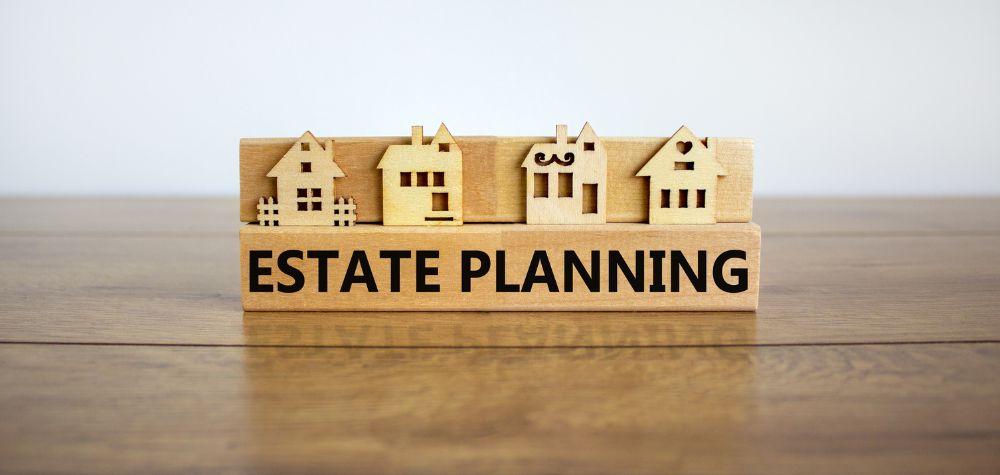
How Could You Benefit From Effective Estate Planning?
Estate planning is more than just having a will. It is about ensuring that a person’s estate is passed on to their beneficiaries in the most tax-effective and financially efficient way possible when they are gone.
Getting early advice on setting up an estate plan can help you to achieve peace of mind in knowing that your wealth will be passed in the most tax-effective way and ensure it is done according to your wishes, often a problem with a simple will.
An estate plan maximises your assets and considers other non-financial matters such as caring for dependent children, medical treatment and accommodation if you are incapacitated. It also considers your charitable, community and cultural requirements.
If you die without a will, your assets are distributed by following a standard statutory formula, and, likely, distribution will not play out the way you would have liked.
For those with a will, it may only cover what to do with your personally owned assets, and other considerations like superannuation, trusts, and business assets may have been left out.
In developing an effective action plan for dealing with your estate, the following considerations should be made:
- How will your business wealth be dealt with?
- How should your superannuation be dealt with after your death?
- Who will receive your gifts and legacies, and when should they be given?
- Who will be appointed executors of your will?
- Who will control your non-estate wealth-holding entities, including family trusts?
An estate plan should balance the lifetime enjoyment of your assets with the preservation of those assets for your family after your passing. It should be cost-effective, simple to understand and operate and be revised regularly.
An estate plan is something that should be considered, no matter how young or old you are. To begin your estate planning journey, why not speak with a professional adviser?
You must be logged in to post a comment.

+ There are no comments
Add yours